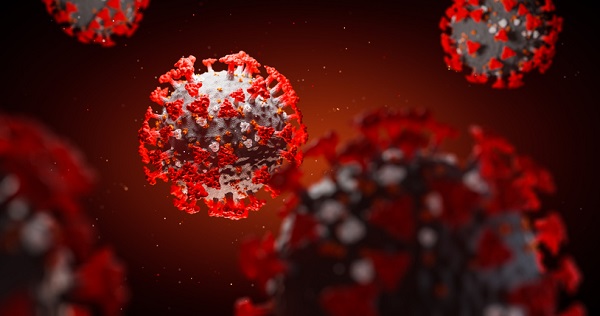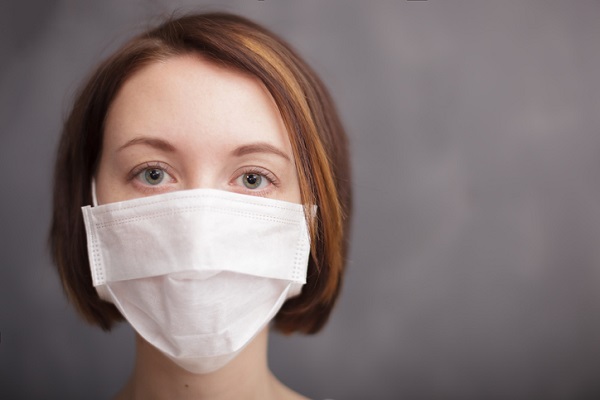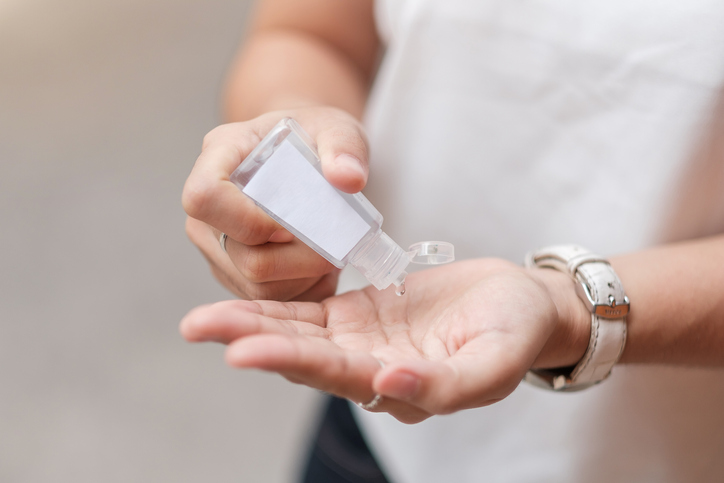
COVID-19, formerly known as the coronavirus, has dominated news headlines since it began spreading quickly and destructively in Wuhan, China in December 2019. With the virus now labeled a pandemic by the World Health Organization (WHO), COVID-19 is impacting practically every country in the world.
Unfortunately, as the virus becomes more widespread, so has misinformation about how to prevent it. As a result, it’s important for everyone – especially those in the healthcare industry – to be able to separate fact from fiction when it comes to COVID-19 health and safety practices.
Not only does this knowledge help keep you and your loved ones safe –it also helps you inform others of what precautions to take in order to reduce transmission. After all, it takes a collective effort to stop the spread of a highly contagious virus.
Face Mask FAQs for Students in Healthcare Programs
It’s evident why doctors need to wear face masks while treating patients infected with COVID-19 – but what about the average person? Is a mask necessary for everyday use during a pandemic?
There is a lot of uncertainty about who should wear a mask, when they should wear it, and how to wear it properly. However, those in medical and health administration training should know that the WHO has put together a guide that outlines the proper use of face masks.
Firstly, the WHO indicates that masks aren’t for everyone. If you’re coughing or sneezing, be sure to wear a mask – but if you’re healthy, you only need to wear a mask if you’re taking care of a person who likely has the virus. This is important to note as there is currently a worldwide shortage of medical equipment– including masks – for medical professionals on the front lines.
If you meet the criteria for wearing a mask, then it’s important to know how to use it properly. The WHO recommends washing your hands thoroughly before putting on a mask, and ensuring that it fits securely to your face and fully covers your mouth and nose. Also, remember not to touch your face mask when wearing it – even when removing it. Instead, take it off by the straps in the back. Once you’ve removed your mask, immediately discard it and wash your hands.

Preventative Measures Those in Medical and Health Administration Training Should Know
In the midst of a pandemic, it’s important to prioritize personal hygiene. COVID-19 can linger on surfaces so it’s important to frequently and thoroughly wash your hands and avoid touching your eyes, nose, and mouth.The Canadian Red Cross recommends washing with soap and water for at least 20 seconds. If these materials aren’t available, the next best solution is an alcohol-based hand sanitizer that contains at least 60% alcohol.
Students in healthcare programs should also be aware it is possible to mitigate the spread of COVID-19 by cleaning frequently touched surfaces like tables, doorknobs, light switches, computers, phones, and more. These processes kill off the virus before anyone in your household can contract it.

A Social Distancing Guide for Those in Health Administration Courses
If someone who is infected with COVID-19 coughs or sneezes in your vicinity, you can inhale droplets which contain the virus and become infected yourself. To avoid person-to-person transmission of COVID-19, the WHO, along with numerous governments and authoritative sources, recommends social distancing.
Evidently, the best way to practice social distancing is by staying at home and avoiding groups of over ten people. But if you must go out in public, make sure to stay six feet from others. If you are sick, it is even more imperative for you to stay at home except if you need to receive medical care. Those who are at high risk for serious illness from COVID-19 due to their age or medical condition are strongly advised to stay indoors to avoid contracting the virus.
Care to learn more about health administration courses?
Contact Canadian Business College to begin a rewarding career in healthcare!
